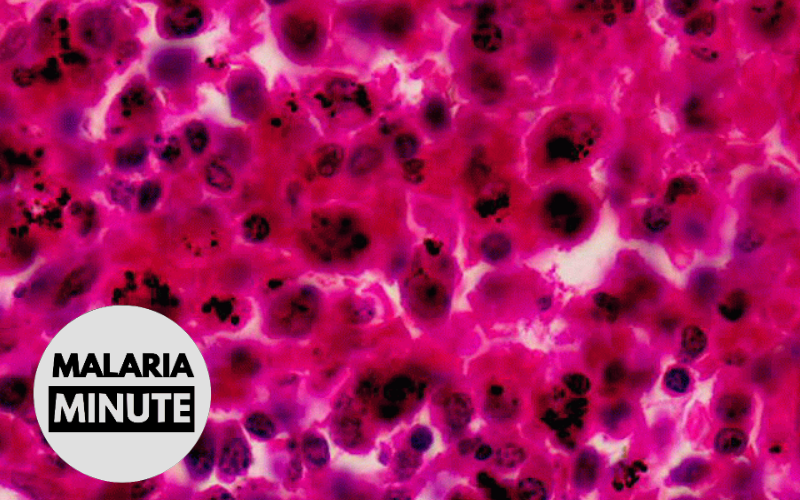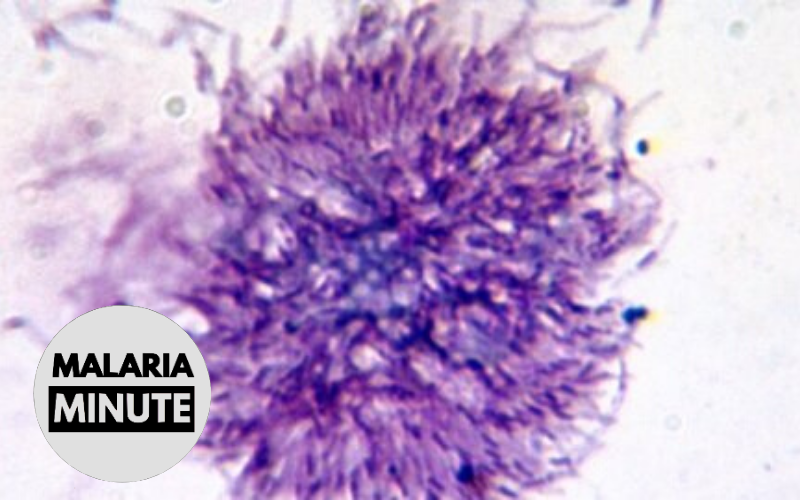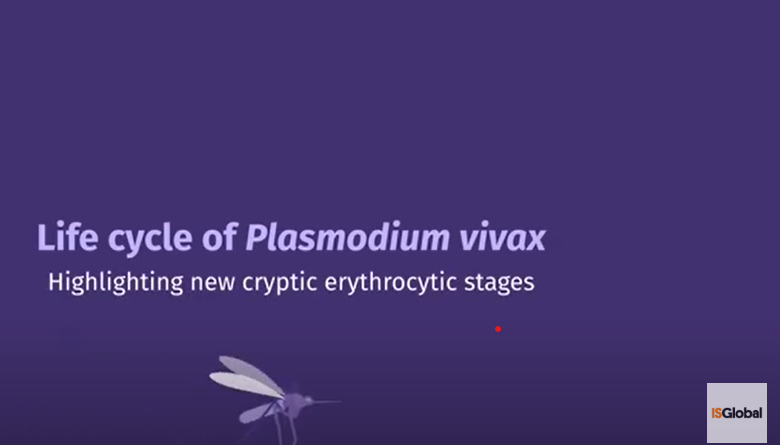Warning: Undefined array key "file" in /var/www/vhosts/gestortectic.com/mesa.gestortectic.com/wp-content/plugins/fulltext-search/includes/wpfts_querylog.php on line 520
Warning: Undefined array key "file" in /var/www/vhosts/gestortectic.com/mesa.gestortectic.com/wp-content/plugins/fulltext-search/includes/wpfts_querylog.php on line 520
Warning: Undefined array key "file" in /var/www/vhosts/gestortectic.com/mesa.gestortectic.com/wp-content/plugins/fulltext-search/includes/wpfts_querylog.php on line 520
Warning: Undefined array key "file" in /var/www/vhosts/gestortectic.com/mesa.gestortectic.com/wp-content/plugins/fulltext-search/includes/wpfts_querylog.php on line 520
Warning: Undefined array key "file" in /var/www/vhosts/gestortectic.com/mesa.gestortectic.com/wp-content/plugins/fulltext-search/includes/wpfts_querylog.php on line 520
Warning: Undefined array key "file" in /var/www/vhosts/gestortectic.com/mesa.gestortectic.com/wp-content/plugins/fulltext-search/includes/wpfts_querylog.php on line 520
Warning: Undefined array key "file" in /var/www/vhosts/gestortectic.com/mesa.gestortectic.com/wp-content/plugins/fulltext-search/includes/wpfts_querylog.php on line 520
Warning: Undefined array key "file" in /var/www/vhosts/gestortectic.com/mesa.gestortectic.com/wp-content/plugins/fulltext-search/includes/wpfts_querylog.php on line 520
Warning: Undefined array key "file" in /var/www/vhosts/gestortectic.com/mesa.gestortectic.com/wp-content/plugins/fulltext-search/includes/wpfts_querylog.php on line 520
Warning: Undefined array key "file" in /var/www/vhosts/gestortectic.com/mesa.gestortectic.com/wp-content/plugins/fulltext-search/includes/wpfts_querylog.php on line 520
Warning: Undefined array key "file" in /var/www/vhosts/gestortectic.com/mesa.gestortectic.com/wp-content/plugins/fulltext-search/includes/wpfts_querylog.php on line 520
Warning: Undefined array key "file" in /var/www/vhosts/gestortectic.com/mesa.gestortectic.com/wp-content/plugins/fulltext-search/includes/wpfts_querylog.php on line 520
Warning: Undefined array key "file" in /var/www/vhosts/gestortectic.com/mesa.gestortectic.com/wp-content/plugins/fulltext-search/includes/wpfts_querylog.php on line 520
Warning: Undefined array key "file" in /var/www/vhosts/gestortectic.com/mesa.gestortectic.com/wp-content/plugins/fulltext-search/includes/wpfts_querylog.php on line 520
Warning: Undefined array key "file" in /var/www/vhosts/gestortectic.com/mesa.gestortectic.com/wp-content/plugins/fulltext-search/includes/wpfts_querylog.php on line 520
Warning: Undefined array key "file" in /var/www/vhosts/gestortectic.com/mesa.gestortectic.com/wp-content/plugins/fulltext-search/includes/wpfts_querylog.php on line 520
Warning: Undefined array key "file" in /var/www/vhosts/gestortectic.com/mesa.gestortectic.com/wp-content/plugins/fulltext-search/includes/wpfts_querylog.php on line 520
Warning: Undefined array key "file" in /var/www/vhosts/gestortectic.com/mesa.gestortectic.com/wp-content/plugins/fulltext-search/includes/wpfts_querylog.php on line 520
Warning: Undefined array key "file" in /var/www/vhosts/gestortectic.com/mesa.gestortectic.com/wp-content/plugins/fulltext-search/includes/wpfts_querylog.php on line 520
Warning: Undefined array key "file" in /var/www/vhosts/gestortectic.com/mesa.gestortectic.com/wp-content/plugins/fulltext-search/includes/wpfts_querylog.php on line 520
Last Updated: 30/09/2024
Optimising a high efficacy Plasmodium vivax malaria vaccine (OptiViVax)
Objectives
The objective of OptiViVax is to integrate ambitious multi-disciplinary scientific and clinical approaches around the parasite’s lifecycle and use the increased knowledge of P. vivax immuno-biology to further develop next-generation vaccines with improved efficacy.
National Institute of Health and Medical Research (INSERM), France
Novavax, United States
University College Cork, United Kingdom
Armauer Hansen Research Institute (AHRI), Ethiopia
Institute of Molecular Medicine (IMM), Portugal
Vaccine Formulation Institute (VFI), Switzerland
University of Cambridge (UC), United Kingdom
University of Oxford, United Kingdom
London School of Hygiene and Tropical Medicine (LSHTM), United Kingdom
Plasmodium vivax is the most widespread human malaria with 2.5 billion people living at risk in South America, Oceania and Asia. The revised Malaria Vaccine Technology Roadmap to 2030 recognises the severity of P. vivax malaria, calling for a vaccine intervention to achieve 75% efficacy over two years, now equally weighted with P. falciparum. However, if this ambition is to be realised, new and innovative approaches are urgently required to accelerate next-generation vaccine research and development, whilst the few known candidate antigens need to undergo early-phase clinical assessment. Here, this proposal will build on exciting breakthroughs in P. vivax vaccine research, recently pioneered in Europe, including new transgenic parasite technologies for functional assay development and production of a parasite clone that is safe for use in controlled human malaria infection (CHMI) clinical models. This research will diversify the portfolio of new antigens ready for clinical testing by reverse vaccinology and diversify their delivery with new platforms and adjuvants developed using sustainable and improved GMP bio-manufacturing know-how. In parallel, the efficacy of known leading antigens will be benchmarked for the first time using innovative design of clinical studies and CHMI models making these lead candidate vaccines ready for future field trials. Improved preclinical functional assays, using state-of-the-art transgenic parasite lines, will also allow for mechanisms of antibody-mediated protection to be deciphered. The availability of new functional assays and human challenge models will underpin the future framework for informed decision making by the clinical vaccine community, policy makers, funders and regulators.
Jun 2023 — May 2028
$3.57M


